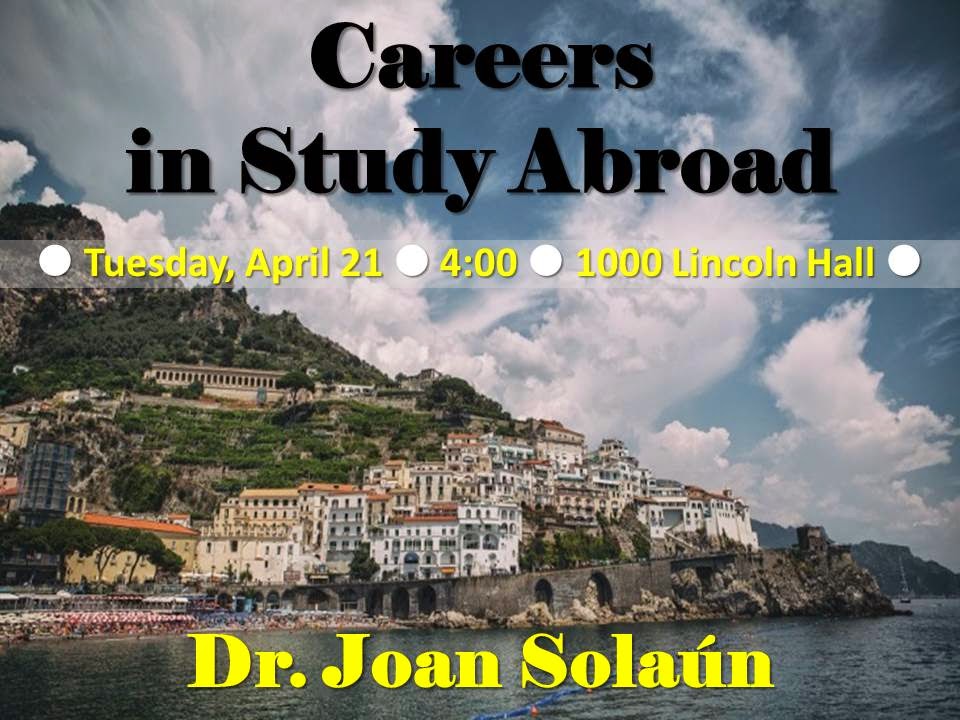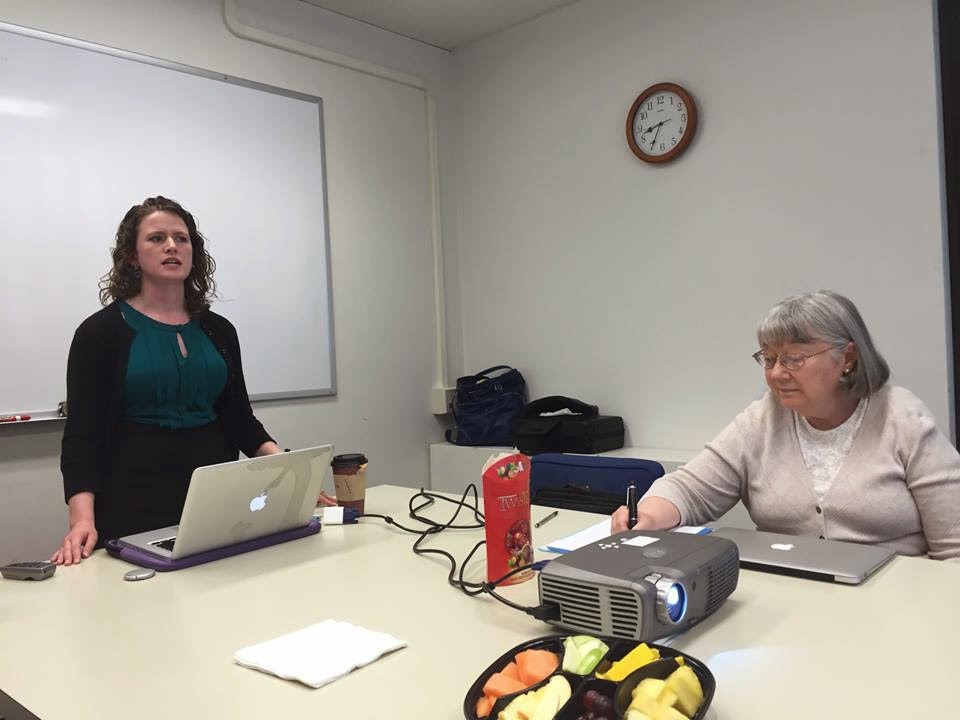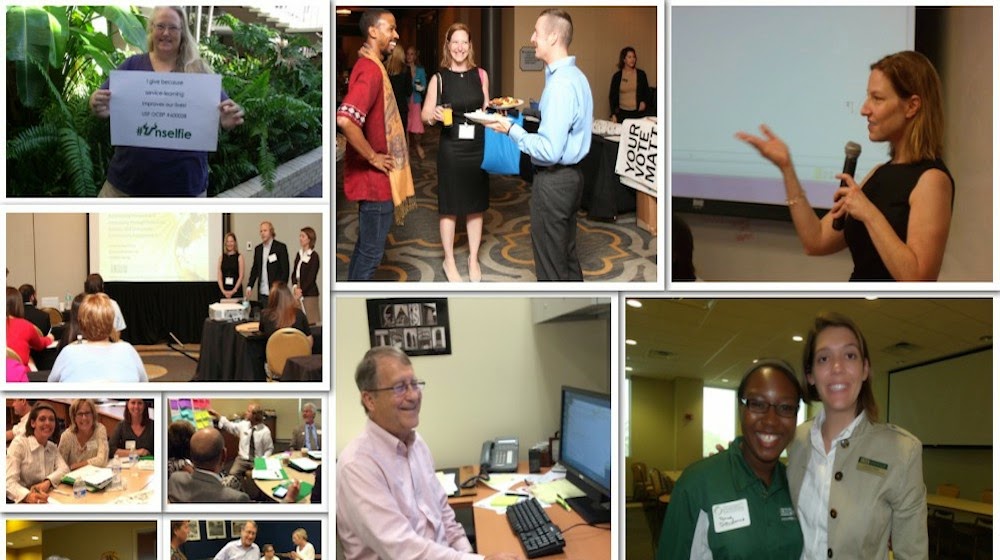Student Reflection

by Annette Popernik La Mirada Siendo ya casi el fin del año escolar, habrá unos cambios en La Línea. Nuestro “intern” se está graduando y tendremos uno nuevo para el verano. Entre este y otros cambios, el equipo ejecutivo decidió que queremos dejar las cosas listas y preparadas para los nuevos voluntarios y el nuevo equipo. Reflejamos que típicamente nos llegan menos llamadas en el verano pero aun ahorita en la primavera, no han habido muchas llamadas. Pensé en hacer más llamadas a otras agencias en la comunidad, como antes había hecho. La desventaja de hacer esto sería que posiblemente nos llegarían demasiadas llamadas o al contrario, muy pocas llamadas ya que no se sabe cuanto Hispano asiste a cada agencia. Me puse a pensar en otros lugares donde podríamos encontrar a muchos Hispanos. En cuanto cambie la mirada, o sea la forma de ver la situación, me llegó una muy buena idea. Me acordé que la iglesia de St. Mary’s tiene un ministerio Hispano. Pensé que hay tantos Hispa...









